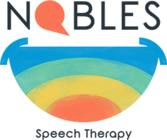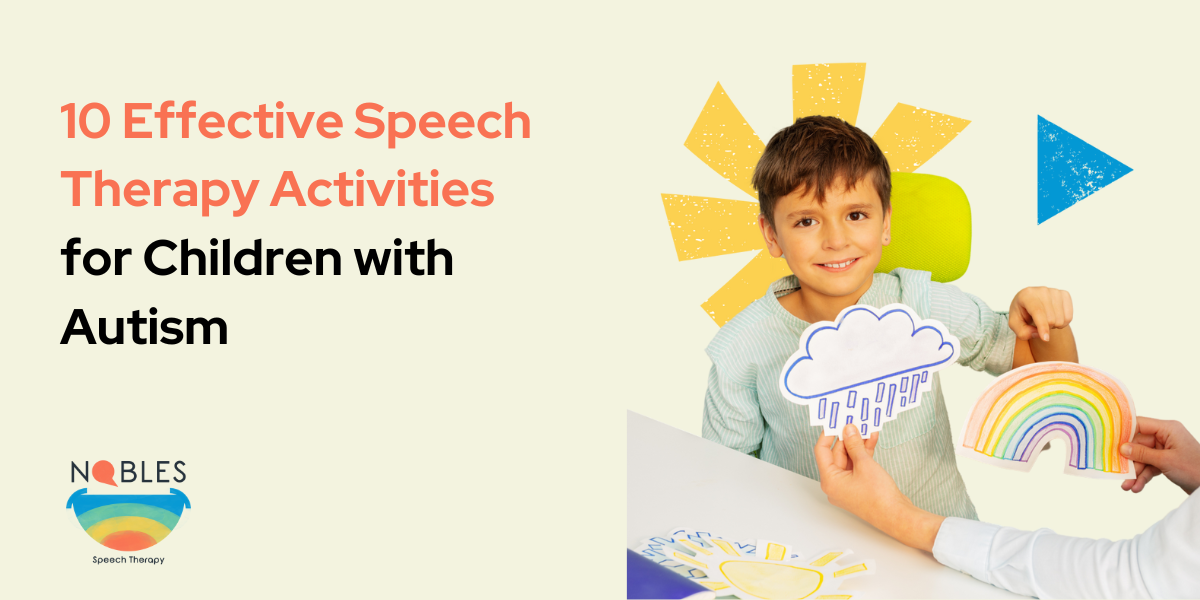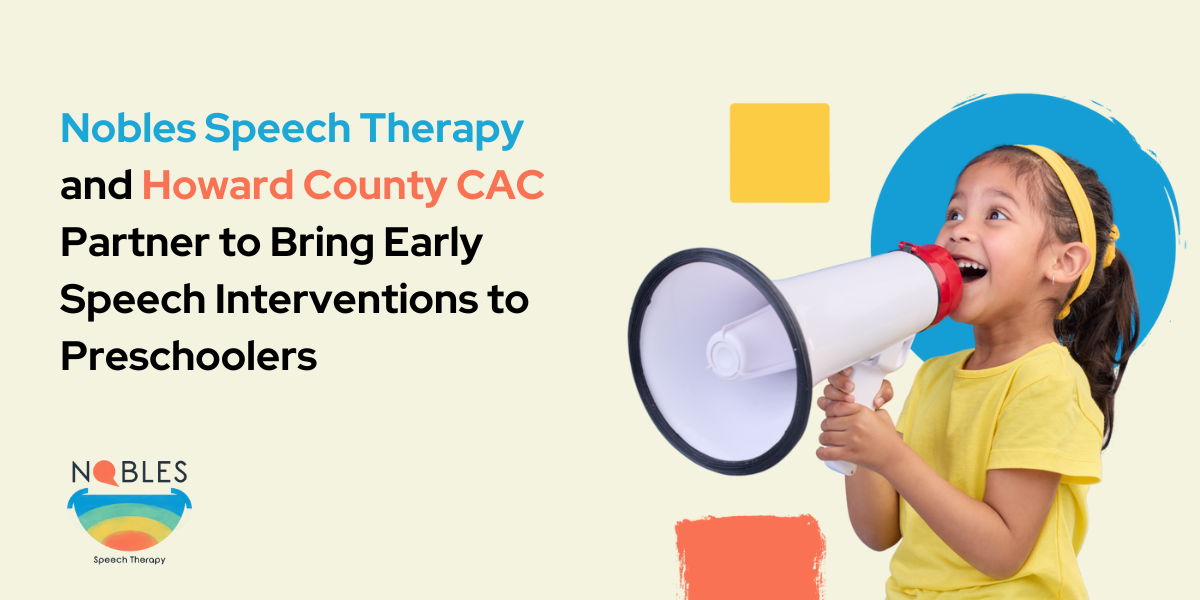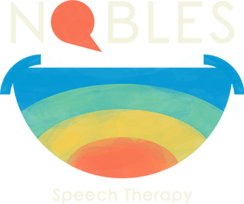Learn 5 telltale signs that your child may benefit from this tactile-kinesthetic approach to speech therapy—especially if they face autism or apraxia challenges.
Share this page:

If you're looking for ways to help your child communicate more confidently, you might've come across PROMPT speech therapy. Short for ‘Prompts for Restructuring Oral Muscular Phonetic Targets,’ this approach is different from traditional methods. It uses gentle touch cues to guide the muscles used in speech, which helps kids build the motor control needed for clearer communication.
Figuring out whether PROMPT is a good fit for your child can be a challenge. You may notice speech issues, but aren't sure what they mean or what kind of support will actually help. Let’s break down how PROMPT works and which signs might suggest it's the right path forward.
What Makes PROMPT Therapy Different?
Unlike typical speech therapy that relies mostly on verbal instruction, PROMPT uses tactile cues on the face and neck to guide movements of the jaw, lips, and tongue. The therapist physically supports your child in making the correct movements needed for speech sounds.
PROMPT is recognized as an
evidence-based treatment method for children with motor speech disorders, offering a unique tactile-kinesthetic approach. It’s not just about repetition; it’s about teaching the body how to move in a way that allows speech to happen naturally. This method can be especially helpful for
children with motor planning issues or muscle coordination difficulties, because it targets both the physical and cognitive parts of speech.
5 Signs Your Child May Benefit from PROMPT Therapy
If you're wondering whether PROMPT could help your child, here are five key signs to watch for:
Limited Verbal Expression
If your child uses very few words or doesn’t speak much at all, they might need support developing the muscle control for speech. PROMPT helps build those movements, even when other therapies haven’t made much progress.
Kids who are nonverbal or minimally verbal often respond well to PROMPT because it gives them physical tools to produce sounds they’ve struggled to form on their own.
Struggles with Motor Planning (Apraxia)
Children with
apraxia or other motor planning challenges may know exactly what they want to say, but can’t coordinate the muscles needed to say it. That disconnect can be frustrating for everyone involved.
Prompt therapy speech techniques are designed to address this by guiding your child through the exact movements needed for specific sounds. The physical support helps teach their muscles to follow the correct patterns, improving clarity over time.
Difficulty Imitating Sounds
If your child listens attentively but can’t quite copy the sounds you’re making, that’s a sign they may need more than verbal instruction. You might notice them trying, but the sounds don’t come out the way they should.
Prompting speech therapy methods go a step beyond imitation. By using touch cues, the therapist helps your child physically feel what it’s like to make the right sound. This can make all the difference for kids who don’t respond to “say what I say” strategies.
Trouble Forming Words Despite Understanding
Sometimes kids understand everything that’s said to them, but still can’t speak in return. They may use gestures or facial expressions instead of words. Some even get upset because they know what they want to say, but can’t express it.
PROMPT helps connect comprehension with expression by focusing on how to shape the sounds physically. Once the body learns the right movements, speech often becomes more automatic and less frustrating for both the child and the parent.
Frustration When Trying to Communicate
Communication should feel empowering, but for many kids with speech challenges, it feels like a constant struggle. If your child gets upset, shuts down, or avoids speaking altogether, it might be because talking feels too hard.
PROMPT sessions are designed to reduce that frustration. Each success, no matter how small, builds confidence. And as your child gains control over their speech, you’ll likely see their self-esteem grow alongside their words.
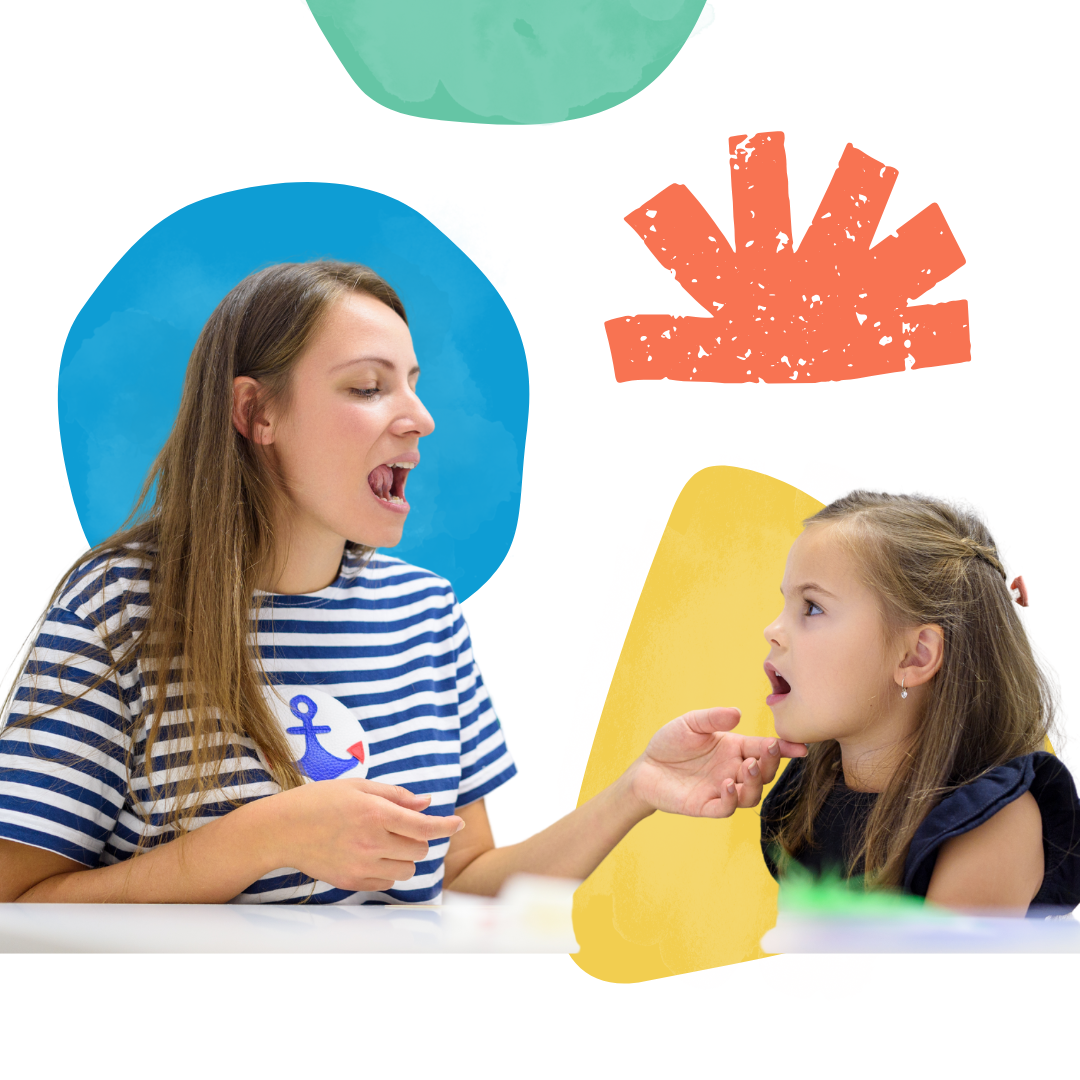
PROMPT Therapy and Autism: A Strong Match
PROMPT speech therapy is especially effective for children on the autism spectrum, who may face both motor planning issues and social communication challenges. Because it’s a hands-on approach, PROMPT addresses multiple barriers at once.
Rather than relying solely on language comprehension, the therapist guides your child through speech physically, helping them find a voice they may have struggled to access through traditional methods. For many autistic kids, PROMPT becomes a breakthrough tool for both speech and confidence.
What to Expect from a PROMPT-Based Session
Here are some things you can expect from the therapist during a typical session:
- Gently touch your child’s jaw, lips, and tongue to guide movement
- Use structured exercises that target specific sounds or word shapes
- Reduce the level of touch gradually as your child gains control and independence
- Sessions are dynamic and individualized. A therapist may also use a
prompting hierarchy speech therapy model to decide which cues to give and how to adjust them over time. This keeps your child moving forward while building on what they’ve already learned.

Is PROMPT Right for Your Child?
PROMPT is often a great fit for kids who:
- Have trouble producing specific speech sounds
- Experience motor planning issues like apraxia
- Get frustrated while trying to speak
- Haven’t made progress with other types of speech therapy
The best way to know if it’s the right fit is to consult with a
certified PROMPT therapist. They’ll assess your child’s needs and explain whether this approach could help move them forward.
Ready to Take the Next Step?
If you're seeing signs that your child may benefit from PROMPT speech therapy, you’re not alone. Many parents have felt the same way and have seen real breakthroughs after finding the right support.
Learn more about how PROMPT therapy can help by visiting our Speech Therapy for Autism page today.

You May Also Be Interested
Share this page:

